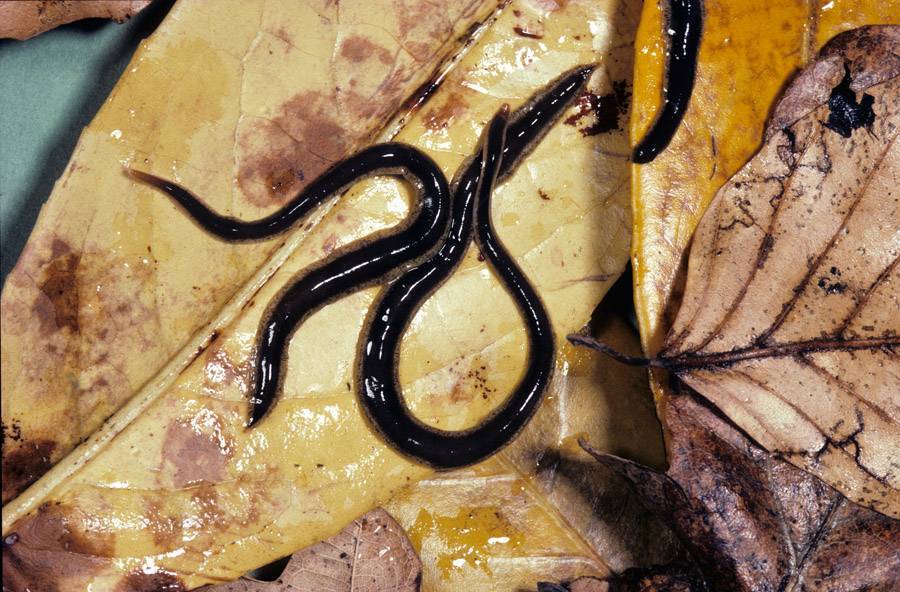Flatworms which have caused controversy on the Black Isle could destroy the area’s eco-system, an expert has said.
Dr Brian Boag, a research associate at the James Hutton Institute, said he was surprised that soil infested with the New Zealand flatworm had been dumped near houses in Cromarty.
He spoke out following a public meeting in the Black Isle village to discuss the issue.
He said that the worms are “destructive” to natural eco-systems and could be responsible for up to £20million worth of damage to land across Scotland.
Soil was initially removed during work for the extension of Cromarty Primary School and was found to be infested with the invasive worm.
It has now been deposited at White Dykes Industrial Estate in the village, causing uproar among residents of nearby Townlands Park.
Highland Council received permission from Scottish Natural Heritage (SNH) and the Scottish Environmental Protection Agency (Sepa) to move the soil across the village.
But Dr Boag said: “From my standpoint I am surprised if they have been deliberately moved.”
It is understood that disposing of the tonnes of worm-contaminated earth in landfill would add at least £100,000 to the costs of the school extension.
A public meeting was held in Cromarty last week, with Dr Boag, who has been monitoring flatworms since 1992, as a keynote speaker.
He said that the flatworms were first discovered in Scotland in 1965 in Edinburgh Botanic Gardens and they had since spread around the country in contaminated soil.
The flatworms are seen as an invasive species in Europe because they eat native earthworms.
This in turn degrades the quality of the soil and has an impact on agriculture, biodiversity and wildlife.
Dr Boag said: “They have a destructive effect on soil quality and drainage.
“There’s obviously the negative effect for farming but it’s also a problem for other wildlife. Birds, shrews, moles an other species eat the earthworms but they don’t eat the flatworms.”
He added that there is not believed to any form of treatment which can remove the worms.
Nora Watson, a resident of Townlands Park, said that the community was angry that they had not been consulted.
She added: “At the meeting Highland Council basically held their hands up and said they should have consulted us.
“The thing is it’s too late now, the soil has been moved and that’s it now.”
A Highland Council spokeswoman said: “After careful consideration this was deemed the most practical and economic solution.”
